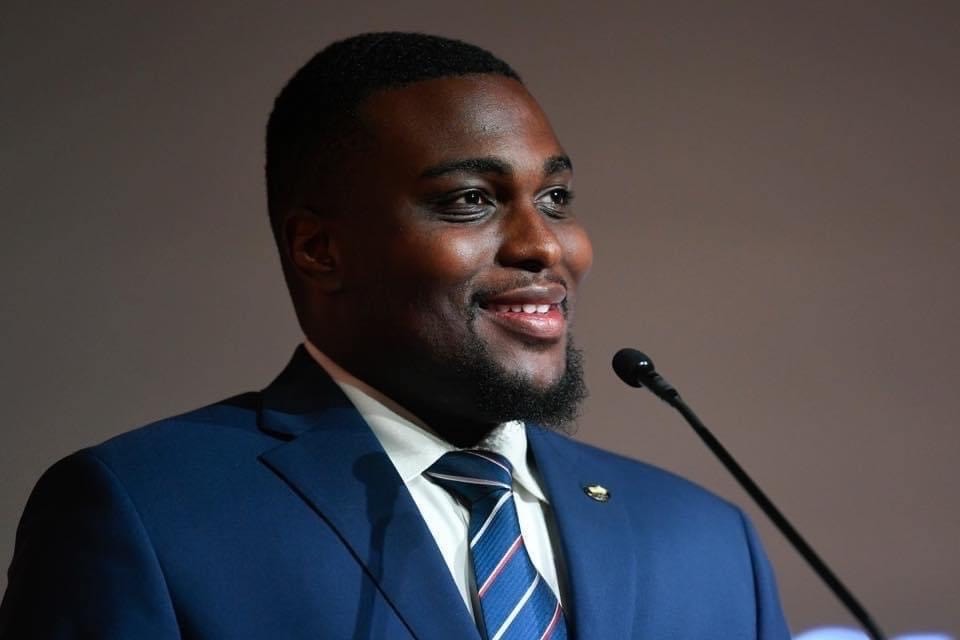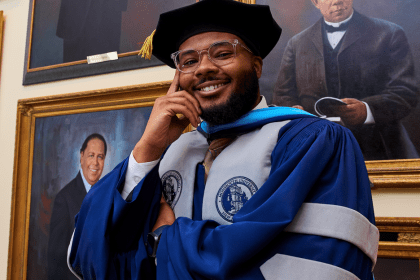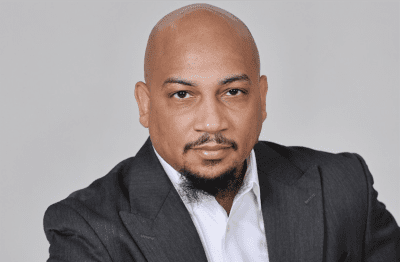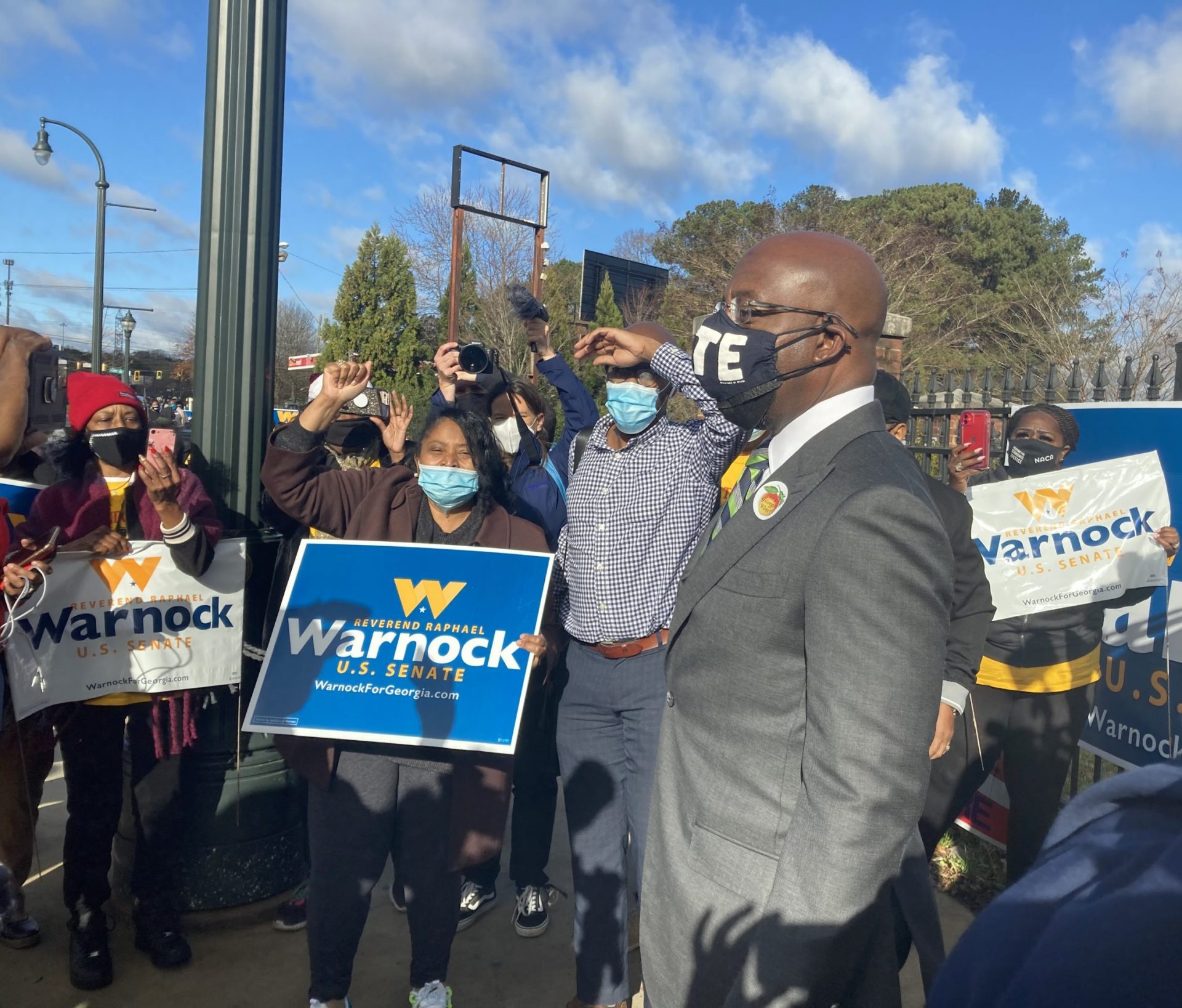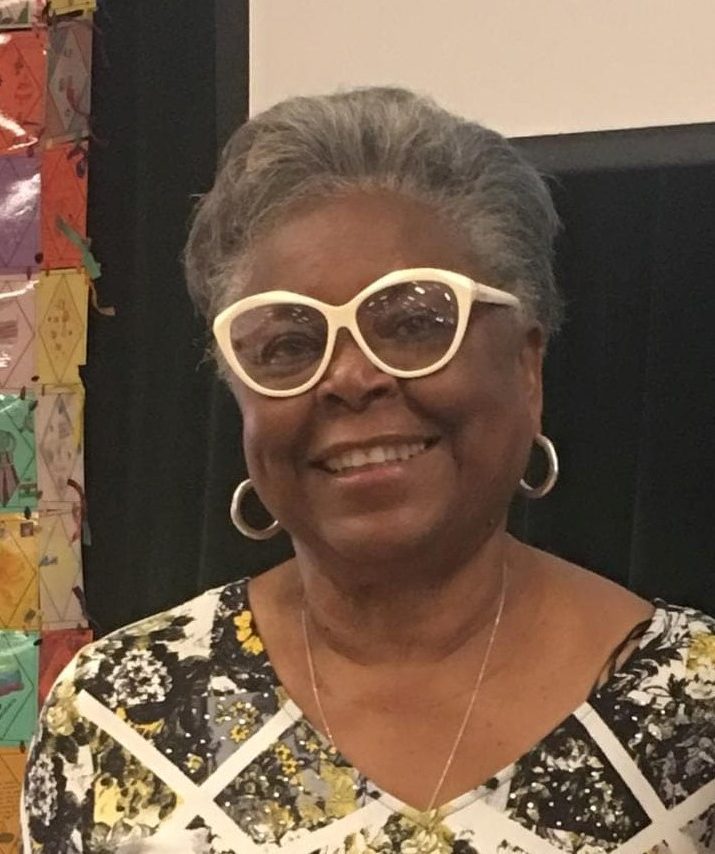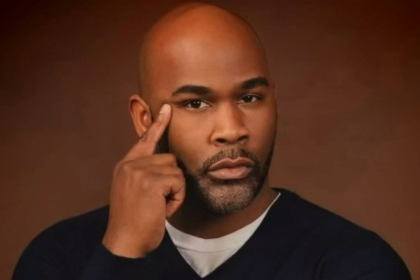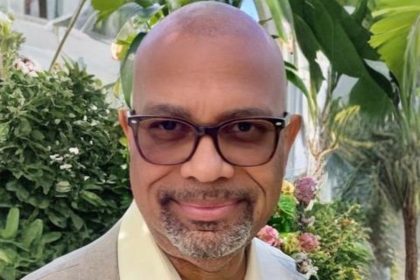“When the architects of our republic wrote the magnificent words of the Constitution and the Declaration of Independence, they were signing a promissory note to which every American was to fall heir … “Instead of honoring this sacred obligation, America has given the Negro people a bad check, a check which has come back marked insufficient funds,” said Martin Luther King Jr. during his “I Have a Dream” speech. This quote, if said today, could be labeled as “woke,” “divisive,” or “anti-American” rather than an accurate look at both 1963 and 2024 America. When it comes to the “I Have a Dream” speech, many do not quote this passage; instead, they opt to use the quote regarding judging people by the “content of their character rather than the color of their skin.” While both speech segments are impactful and necessary, the fact that one is universally quoted by people in power over the other perfectly illustrates how narratives affect perception and obscure real issues.
On June 29, 2024, the anti-DEI movement had its watershed moment when the Supreme Court decided to rule against race-conscious affirmative action in college admissions. This Supreme Court ruling was yet another blow to programs that support students from historically marginalized groups, highlighting the increasingly hostile environment that has been growing against diversity and equity. When I see these attacks on DEI, I empathize with students losing opportunities nationwide and feel a personal attack on my story as a former DEI office employee and a beneficiary of DEI’s mission. Our country is currently experiencing a wave of narratives pushing opinions and funding away from programs that help America move forward. If we do not change course, we will find ourselves in a country that has undone the progress we have all fought for together.
In May of 2017, I was finishing my first year at Georgia State University and searching for an internship. I applied to eight internships and was rejected from each one. These rejections were not due to my lack of experience; I had three internships before the summer of 2017, all of which were in my field of government and law. I was on the verge of giving up, but luckily, I had a community working on my behalf, and that community was INROADS. INROADS is a non-profit organization that creates pathways to careers for ethnically diverse high school and college students across the country. The organization was founded by Frank C. Carr, inspired by Martin Luther King’s “I Have A Dream” speech, and started INROADS to contribute to MLK’s vision. INROADS asked me to apply to be a part of their first cohort of interns at the Pentagon, working within offices of the Department of Defense, an internship I received. My internship was created by the Office of Diversity Equity and Inclusion, which Congress attacked for promoting “Wokeism” in our armed services.
The major discussion points we are seeing around anti-DEI narratives are essentially a battle around what DEI is and its effect in the workplace. There have been far too many examples of anti-DEI speeches, policies, and rants that often share common themes, portraying DEI as destructive and a waste of resources. Congressional Republican senators have stated that “The DEI agenda is a destructive ideology that breeds hatred and racial division. It has no place in our federal government or anywhere else in our society,” and “President Biden is unfairly forcing taxpayers to foot the bill for federal ‘Diversity, Equity, and Inclusion’ programs that do nothing but divide Americans.” CEOs of private corporations have stated that “woke diversity” does not impact the bottom line and that DEI hiring for positions like airplane pilot puts passenger safety at risk.
The problem with these statements and the people who make them is the fact that these statements hurt the ability of Black workers to have the tools they need to succeed. These racist narratives imply that when spaces become more diverse or create pathways to diversify, they are sacrificing quality or that it, in some way, discriminates against people who are not historically marginalized. Statements like these create a narrative that diversity programs run in opposition to successful business practices instead of the reality that they enhance them. In May 2024, I worked with the Joint Center for Political and Economic Studies on their new project, Improving Policy Narratives for Young Black Workers, as a part of the Young Black Worker task force. This project provided a collection of 13 messaging principles developed from insights from the task forces, focus groups, and thorough media analysis to give journalists, advocates, scholars, practitioners, and policymakers with better ways to address issues facing young Black workers in today’s economy. The quotes of these senators and CEOs directly align with negative stereotypes that hurt Black workers and other marginalized groups in the workplace, specifically, the first five:
● Address the connections between racial divisions and economic hardship.
● Unite under the notion that racism is a tool to divide us all.
● Explicitly connect racial and economic justice.
● Trace the history of systemic injustice and connect individual stories to systemic injustice rather than blaming individuals.
● Lead with shared values.
To move forward, we must recognize that the narratives created by people in power have a trickle-down effect on workers and the companies that hire them. Instead of spreading narratives that divide us, we need to all come together regarding our shared values. If we are to be a country of equality, we must do the work to create that. Most importantly, we must change the narrative that taking restorative action or criticizing the United States makes someone un-American when it is the exact opposite. When I worked for the DEI Office at the Pentagon, I did not see a group of people trying to separate workers, promote racism, or lower the bar for Black workers; instead, I saw a group of people dedicating their services to soldiers and employees who did not feel like they were accepted at their workplace. In my DEI office, I saw conversations about protecting mental health, responding to sexual assault, and creating space so soldiers would not feel like they were alone; if we as a country stop striving to continue these things, how can we advance? Elon Musk once tweeted that “DEI Must Die,” but the truth is that DEI is needed for America to thrive.

